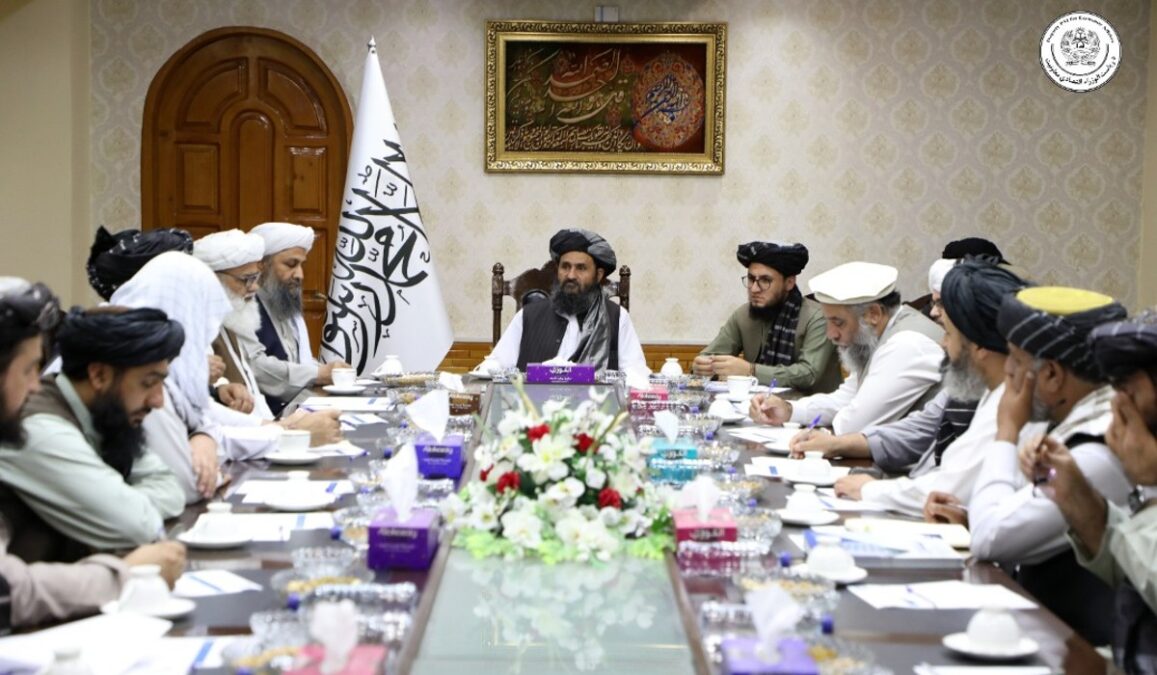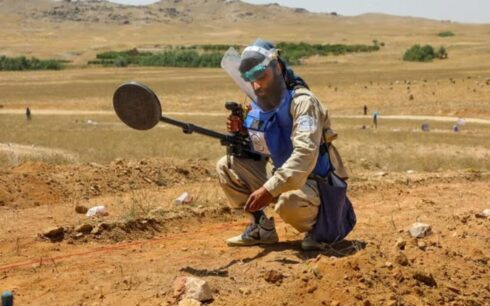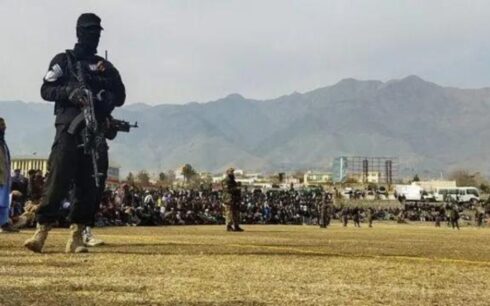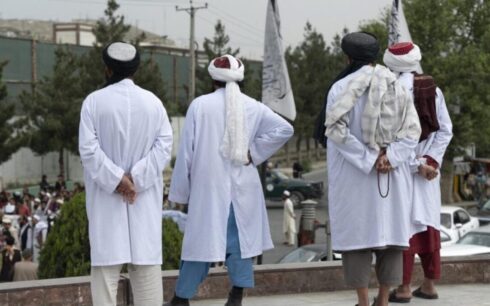The Taliban has started forming councils of religious scholars across the country in a bid to find solutions to “social problems” and the issue of women’s presence in society, especially their right to work, based on Islamic Sharia, a Taliban official said on Wednesday.
So far, councils have been formed in at least 10 provinces, including Kabul, since last month. Its members are pro-Taliban individuals and religious scholars.
The idea is to address people’s problems, especially around women, Taliban spokesman Bilal Karimi said, adding that they have not decided on the structure of the councils so far.
He said that another goal of the councils is to promote good governance countrywide.
The councils where they have been formed have a chief, a deputy chief and an aide, along with 15 members. In some provinces, including Kabul and Zabul, the council has 24 members.
The council has been formed in Kabul, Herat, Kandahar, Ghazni, Bamiyan, Uruzgan, Zabul and Baghlan provinces after a decree was issued by the Taliban’s supreme leader.
Since regaining control of the country in August 2021, the Taliban has been accused of not forming an inclusive government and appointing only Taliban members to almost all public institutions. The group has also faced a barrage of criticism in recent months over ongoing human rights violations – especially regarding women, who have practically been erased from society.





